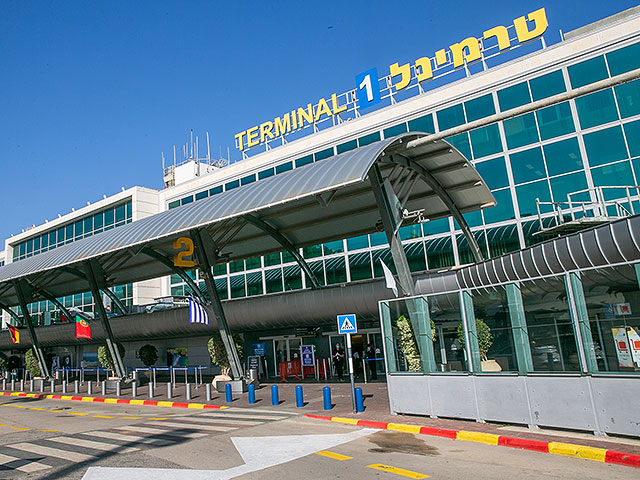
The Miracle of Life: The Extraordinary Recovery of a Man Who Nearly Lost Everything After Sudden Cardiac Arrest.
A 33-year-old man was sitting and drinking water when he suddenly lost consciousness, had cardiac arrest, stopped breathing, and received a critical prognosis. On July 1, doctors at Bai Chay Hospital performed CPR on the patient for nearly 50 minutes before he regained a heartbeat and was transferred to Quang Ninh General Hospital. At the Intensive Care Unit at Quang Ninh General Hospital, doctors used controlled hypothermia to control the patient’s body temperature and other measures such as mechanical ventilation, vasopressor drugs, blood filtration, rehydration, electrolyte replacement to address the disorders caused by circulatory arrest.
Dr. Nguyen Thi Dung from the Department of Intensive Care – Artificial Kidney explained that the patient was young and previously healthy but experienced sudden cardiac arrest with an unknown cause. After four days of treatment, the patient regained consciousness, was able to communicate normally and had almost no neurological sequelae. The patient is now undergoing treatment at the Department of Cardiology to determine the cause and prevent recurrence.
Studies have shown that hypothermia reduces mortality and severe sequelae in patients with brain damage after cardiac arrest. Prompt treatment within 6 hours is crucial for effectiveness. Circulatory arrest is a state of sudden interruption of the heart’s pumping activity, preventing blood circulation. If not treated quickly, the patient can die or suffer permanent brain damage within minutes. CPR aims to maintain breathing and heart function to prevent brain damage.
The patient in this case was fortunate to receive prompt treatment and successfully recover. However, studies have shown that if not administered within 6 hours of circulatory arrest incidents, there are decreases in treatment effectiveness which highlights how important it is to act quickly in cases of circulatory arrest to prevent serious consequences such as death or permanent brain damage

